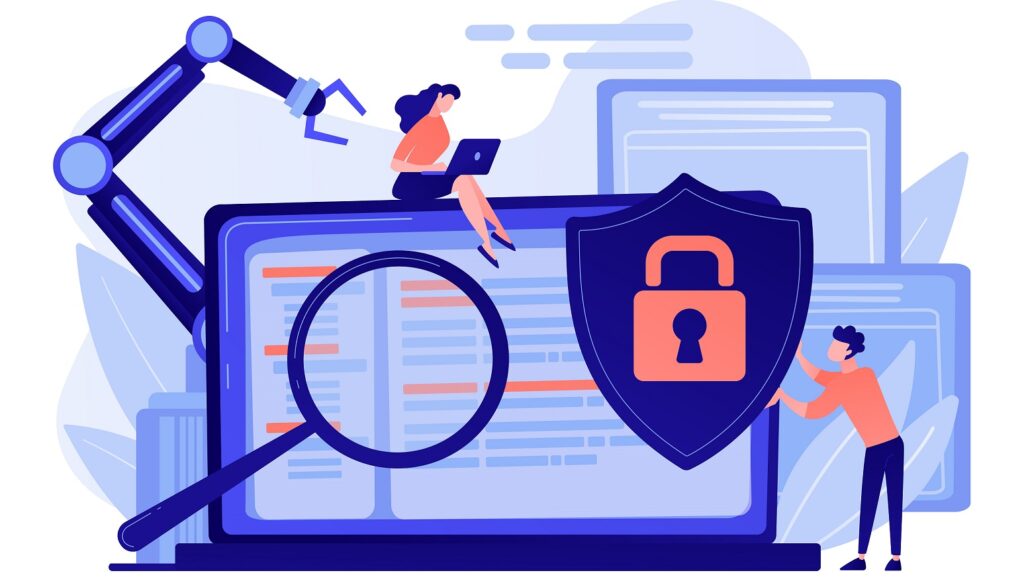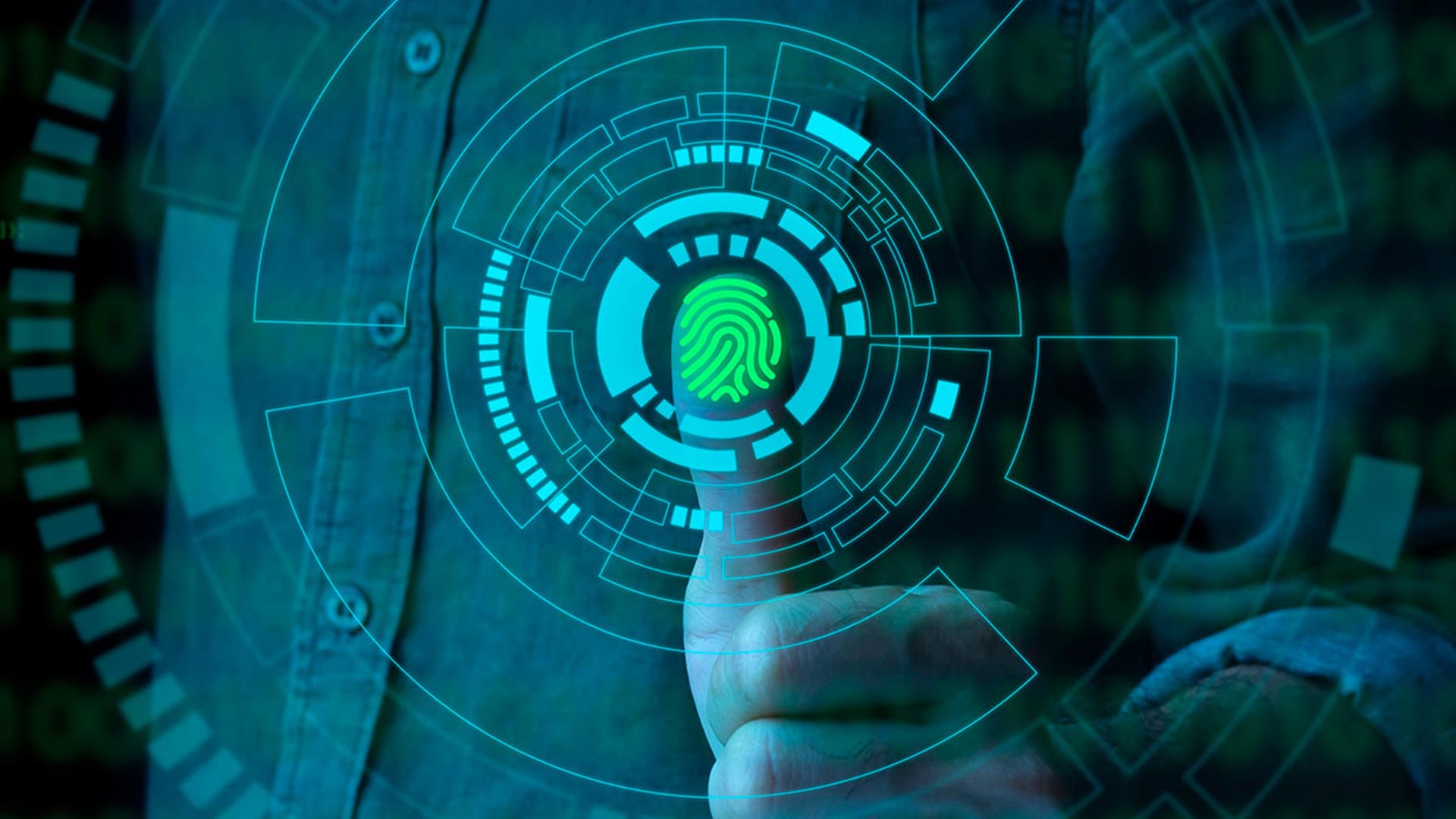Cybersecurity Solutions: Safeguarding the Digital Frontier – In an era dominated by technology, the importance of cybersecurity cannot be overstated. As our world becomes increasingly digital, the threats to our online security multiply. This article explores the realm of cybersecurity solutions, aiming to demystify the complex landscape and provide insights into the evolving strategies to protect digital assets.
Cybersecurity Solutions: Safeguarding the Digital Frontier

Understanding Cybersecurity Solutions
Cybersecurity solutions encompass a broad spectrum of measures designed to safeguard digital systems, networks, and data from unauthorized access, attacks, and damage. These solutions are paramount in an age where cyber threats are becoming more sophisticated and prevalent.
Types of Cybersecurity Solutions
- Antivirus and anti-malware software: The frontline defense against malicious software.
- Firewall protection: A barrier between your internal network and external threats.
- Intrusion Detection Systems (IDS): Monitoring and analyzing network traffic for suspicious activities.
- Virtual Private Networks (VPNs): Ensuring secure communication over the internet.
Importance of Cybersecurity for Businesses
For businesses, cybersecurity is not merely a choice but a necessity. Safeguarding sensitive information, protecting customer data, and maintaining a positive business reputation are critical aspects that demand robust cybersecurity measures.
Challenges in Implementing Cybersecurity Solutions
While the need for cybersecurity is evident, challenges such as rapidly evolving threats, budget constraints, and the human factor pose hurdles in effective implementation.
Best Practices for Cybersecurity
Adopting regular software updates, enforcing strong password policies, and conducting employee education programs are vital best practices in fortifying cybersecurity defenses.
Emerging Technologies in Cybersecurity
The integration of artificial intelligence, blockchain, and cloud-based security solutions represents the future of cybersecurity, providing advanced tools for threat detection and secure transactions.
Cybersecurity for Individuals
Personal cybersecurity is equally crucial. This section provides insights into why individuals need to be vigilant about their online security and offers practical tips for securing personal devices.
Cybersecurity Compliance and Regulations
An overview of international cybersecurity standards and the role of regulations in ensuring the adoption of effective cybersecurity practices.
Future Trends in Cybersecurity
Exploring the upcoming trends in predictive analytics for threat detection and the impact of quantum computing on cybersecurity.
Case Studies: Successful Implementation of Cybersecurity Solutions
Real-world examples highlight the importance of proactive cybersecurity measures and provide valuable lessons for organizations aiming to enhance their security posture.
The Human Factor in Cybersecurity
Addressing the often underestimated role of human behavior in cybersecurity, focusing on social engineering awareness and the importance of fostering a cybersecurity culture.
Cybersecurity and Remote Work
In the era of remote work, understanding the unique challenges and solutions for securing digital assets outside the traditional office environment.
Conclusion
As cyber threats continue to evolve, the landscape of cybersecurity solutions must adapt. This article has explored the diverse facets of cybersecurity, from individual practices to enterprise-level strategies. Staying ahead in the digital age requires constant vigilance, education, and the integration of cutting-edge technologies.
FAQs:
- What is the most common cyber threat?
- The most common cyber threats include phishing attacks, ransomware, and malware.
- How often should I update my antivirus software?
- It’s advisable to update antivirus software at least once a day to ensure protection against the latest threats.
- Can small businesses afford robust cybersecurity solutions?
- Yes, there are cost-effective cybersecurity solutions tailored for small businesses to enhance their security.
- Are there free cybersecurity tools available?
- Yes, many reputable cybersecurity companies offer free versions of their tools with essential features.
- What steps can individuals take to enhance their cybersecurity?
- Individuals can enhance their cybersecurity by using strong passwords, enabling two-factor authentication, and staying informed about common cyber threats.




